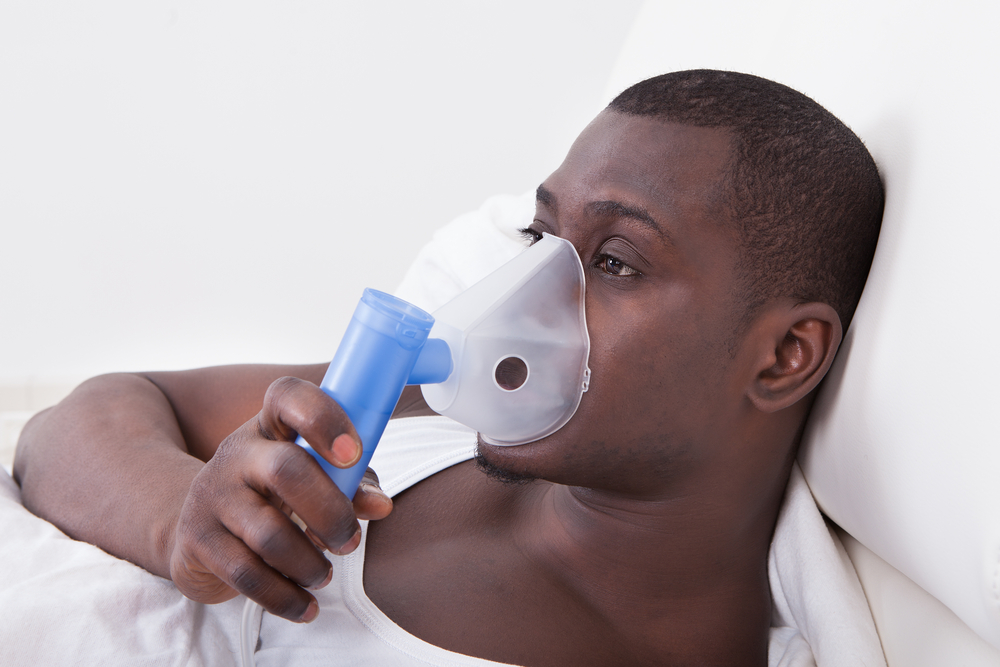Results from a retrospective study recently published in the Journal of Clinical Sleep Medicine show that non-invasive ventilation is a key part of a multi-faceted intervention method to successfully diminish hospital readmission rates in patients with chronic obstructive pulmonary disease (COPD).
In the study titled “Retrospective Assessment of Home Ventilation to Reduce Rehospitalization in Chronic Obstructive Pulmonary Disease,” Steven Coughlin Director of Strategy, Health Economics and Reimbursement, Philips Respironics and colleagues, evaluated a quality improvement (QI) program implemented at a single center whose multifaceted intervention comprised of nocturnal administration of advanced positive airway pressure (PAP) modality or noninvasive positive pressure ventilation (NIPPV). In this quality improvement program, COPD patients who had been hospitalized twice in the same year with an acute COPD exacerbation underwent these interventions.
Of the 397 eligible COPD patients included in the study, the researchers found that the readmission rate was reduced by 97 percent during the subsequent 12 months. The study used Philips Respironics Trilogy 100 to deliver the NIPPV therapy to the study patients.
The results also revealed that the number of readmission of patients with COPD that where readmitted to the hospital on two or more occasions reduced from 100% (397 of 397) in the 12 months prior to initiation of intervention to 2.2% (9 of 397) in the subsequent year.
“The results of this study indicate that Philips Trilogy with an advanced mode of ventilation AVAPs-AE therapy — in combination with respiratory therapist-led care, medication reconciliation and adequate provision of oxygen therapy — assisted in stabilizing the respiratory condition of patients with COPD,” said Amy Day, RRT, Director of Ventilation Management of Barnes Healthcare Services. “Such better management of the COPD condition allows health systems to not only significantly reduce readmissions and the associated high costs, but also improve the quality of life for some of its most complex patients.”
“This study holds promise in how a multi-faceted intervention could assist health systems in significantly improving the care of the patients with advanced stage COPD in their home,” said Sairam Parthasarathy, MD, Professor of Medicine and Director of the Center for Sleep Disorders at Banner – University Medical Center Tucson. “The results indicate that patients placed on this advanced mode of non-invasive ventilation, combined with an in-home care program, can reduce hospitalizations and subsequently reduce healthcare utilization. This study is a good foundation to build from and to further validate.”
Patients with COPD are now living longer thanks to the now available home, portable and non-invasive ventilators that support home care providers in managing more patients with less resources, while helping COPD patients live healthy lives at home.
“The results of this are more critical now more than ever, given the industry’s increased focus on the high cost of chronic diseases and the need to reduce the re-hospitalization of COPD patients,” said in the news release stated Eli Diacopoulos, Vice President and General Manager, Philips Respironics. “The use of Trilogy in this COPD management program is just one example of our ability to work with an innovative homecare provider partner to achieve a new kind of COPD care management model that connects and supports the clinician, caregiver, home care provider and the patient at every point along the patient care path.”
Philips Respironics Trilogy is both a volume-control and pressure-control ventilator for invasive and noninvasive ventilation. The versatile breath delivery and setup options free you from burdensome equipment exchanges, providing greater continuity of care for COPD patients.

